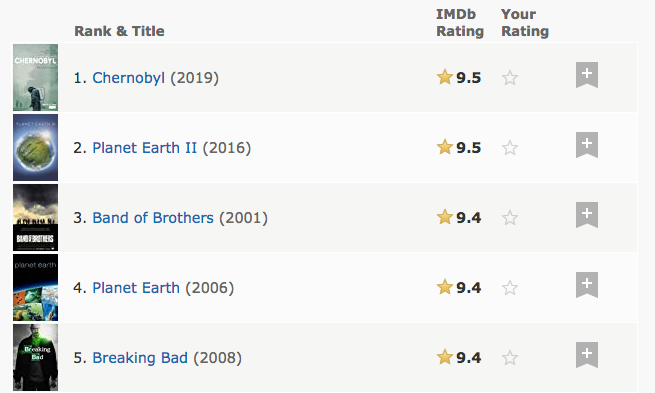Can Good Writing Be Taught?
Epistemic status: Highly speculative; unburdened by any meaningful supporting evidence.
I’ve written something like 200 essays for school. Writing those essays did not teach me how to write. Writing for fun taught me how to write.
When I was in high school, I used to complain that the essays I was required to write were both boring and unhelpful, and I’d learn more by writing essays about whatever I wanted. But if my teachers had let students write whatever they wanted, I don’t think most of them would have gotten very far. I don’t think I would have gotten very far, either. There’s a big difference between
me: I have an idea! I will write about it!
versus
teacher: Please have an idea and write about it.
me: What should I write about? I dunno, I guess I could write about X, I can probably force myself to come up with something to say about it.
Instead of writing something detached from ordinary life, like literary analysis, should high schoolers be taught to write something relevant, like emails?
In fact, I was taught how to write emails in high school (although that was only a small % of what we did), and the teaching was counterproductive. The way my teachers taught me to write emails was significantly wrong, and probably would have hindered my career if I had listened. (As a basic example, they said to always start an email with “Dear [name]”. Nobody starts emails that way in real life.) All the people with jobs who write emails somehow managed to un-learn the anti-lessons that they were taught.
But even if my teachers had taught me how to write emails correctly, it wouldn’t have mattered. If I have to slog through a purposeless assignment that I don’t care about, anything I learn from it doesn’t stick. I only learn from doing things if I’m doing them for a reason.
In conclusion, it’s impossible to force someone to learn good writing. They have to want to write.

